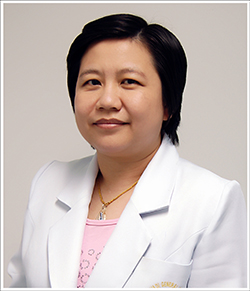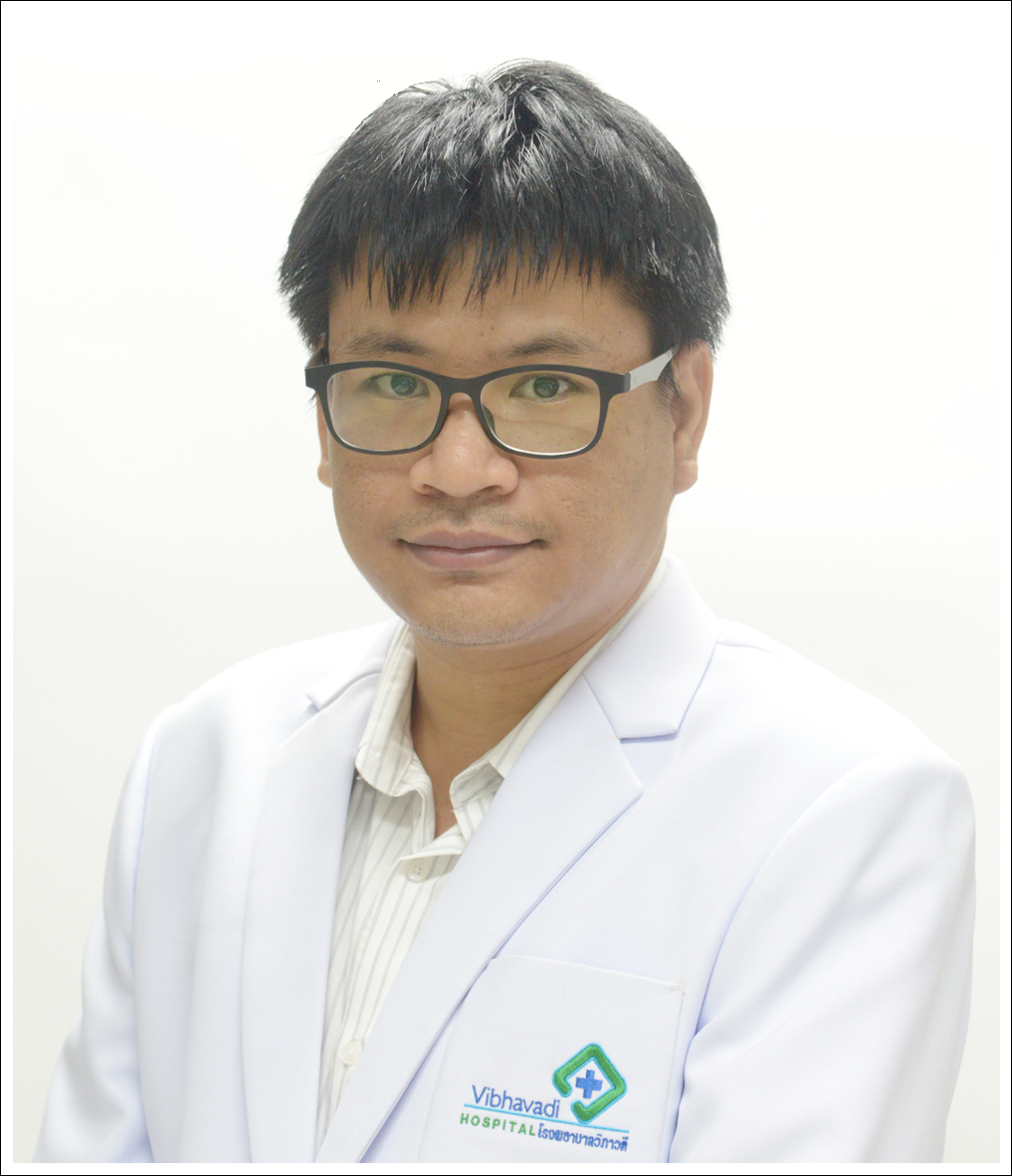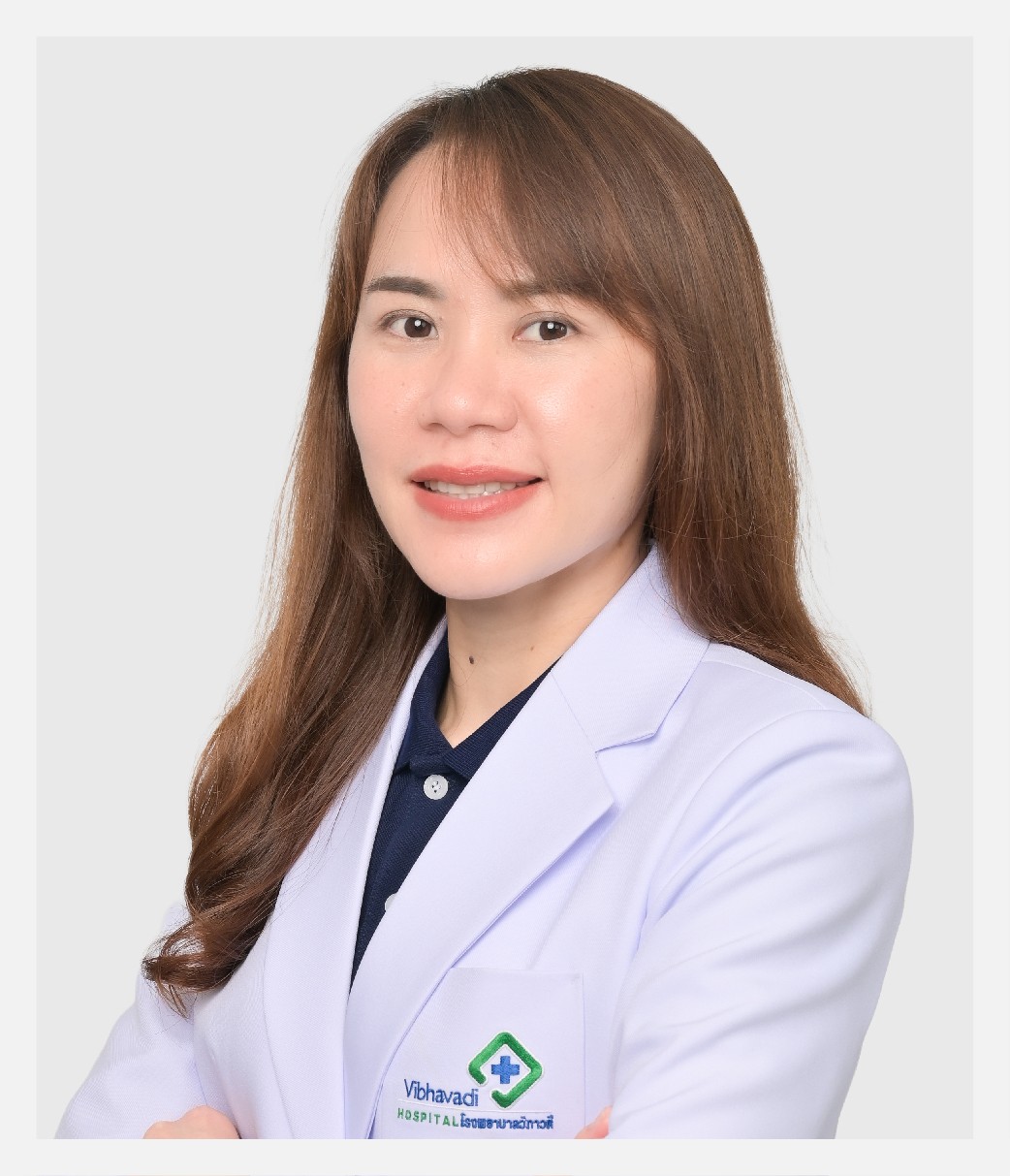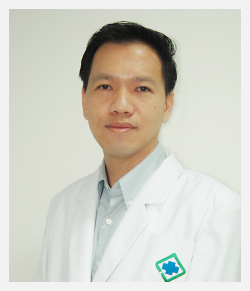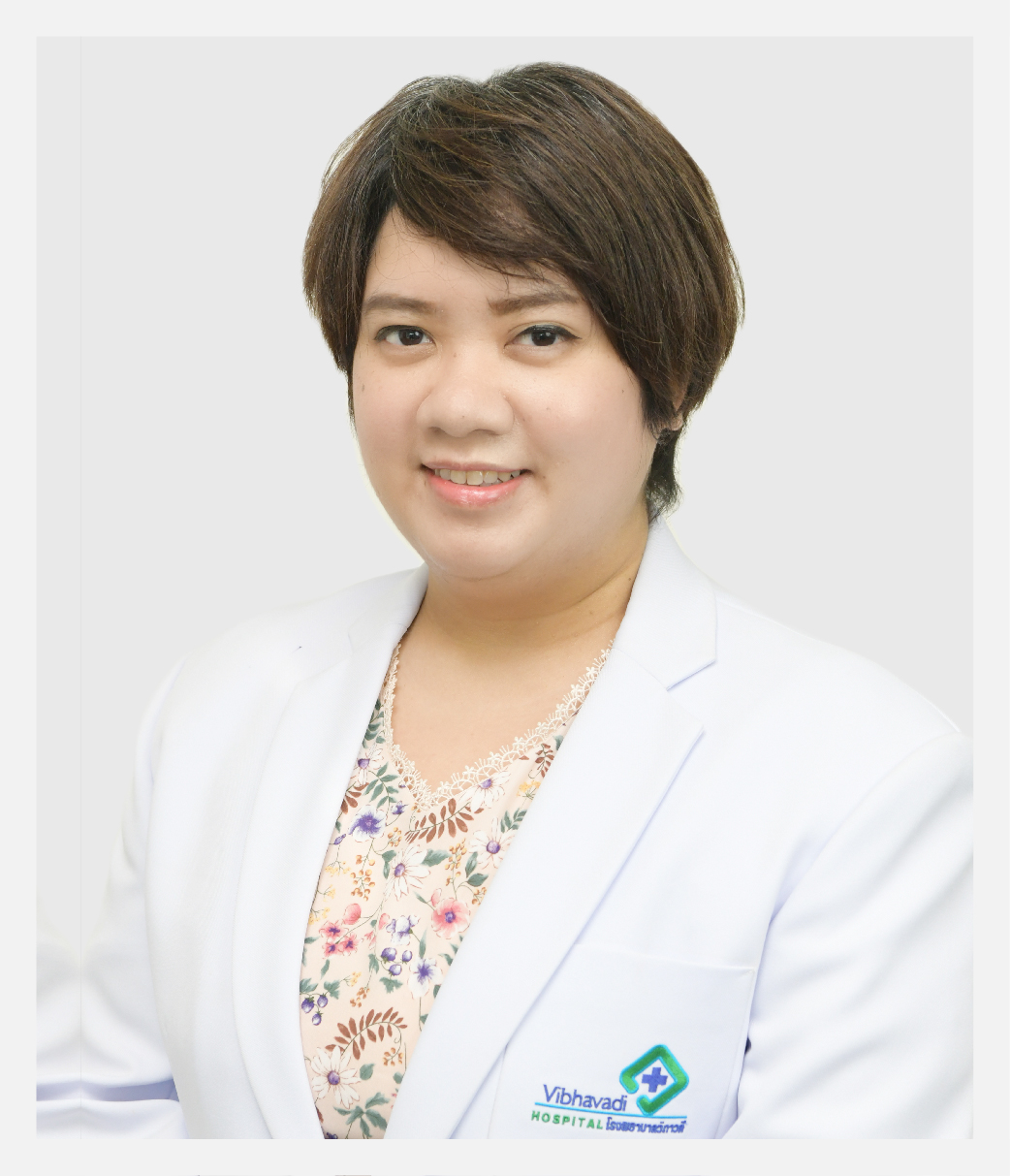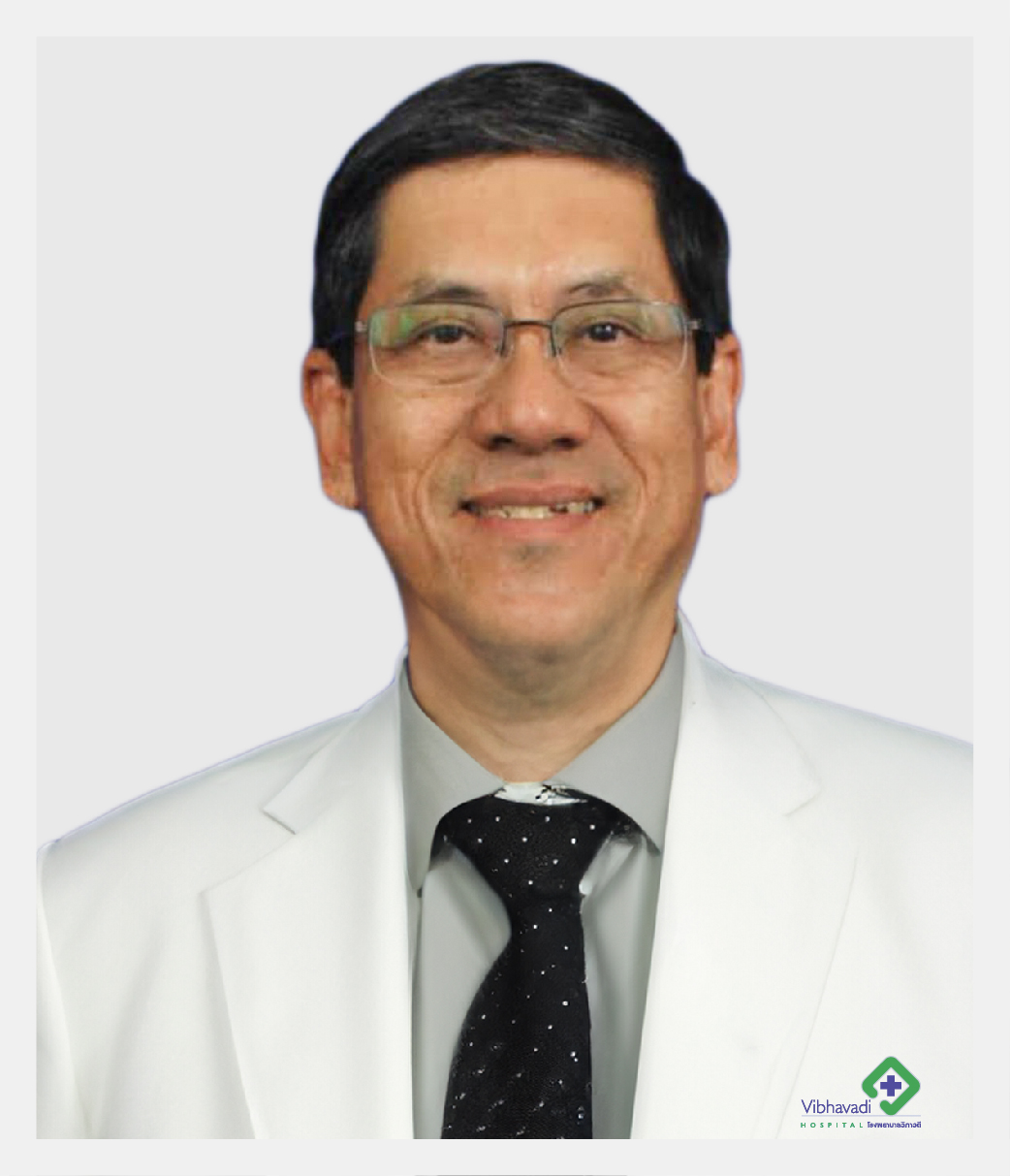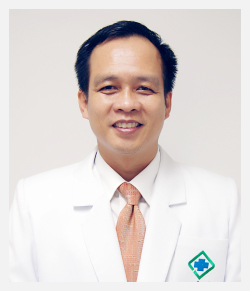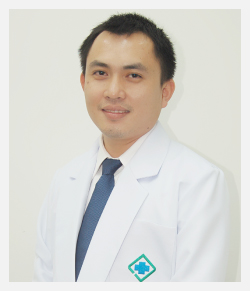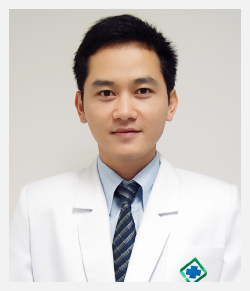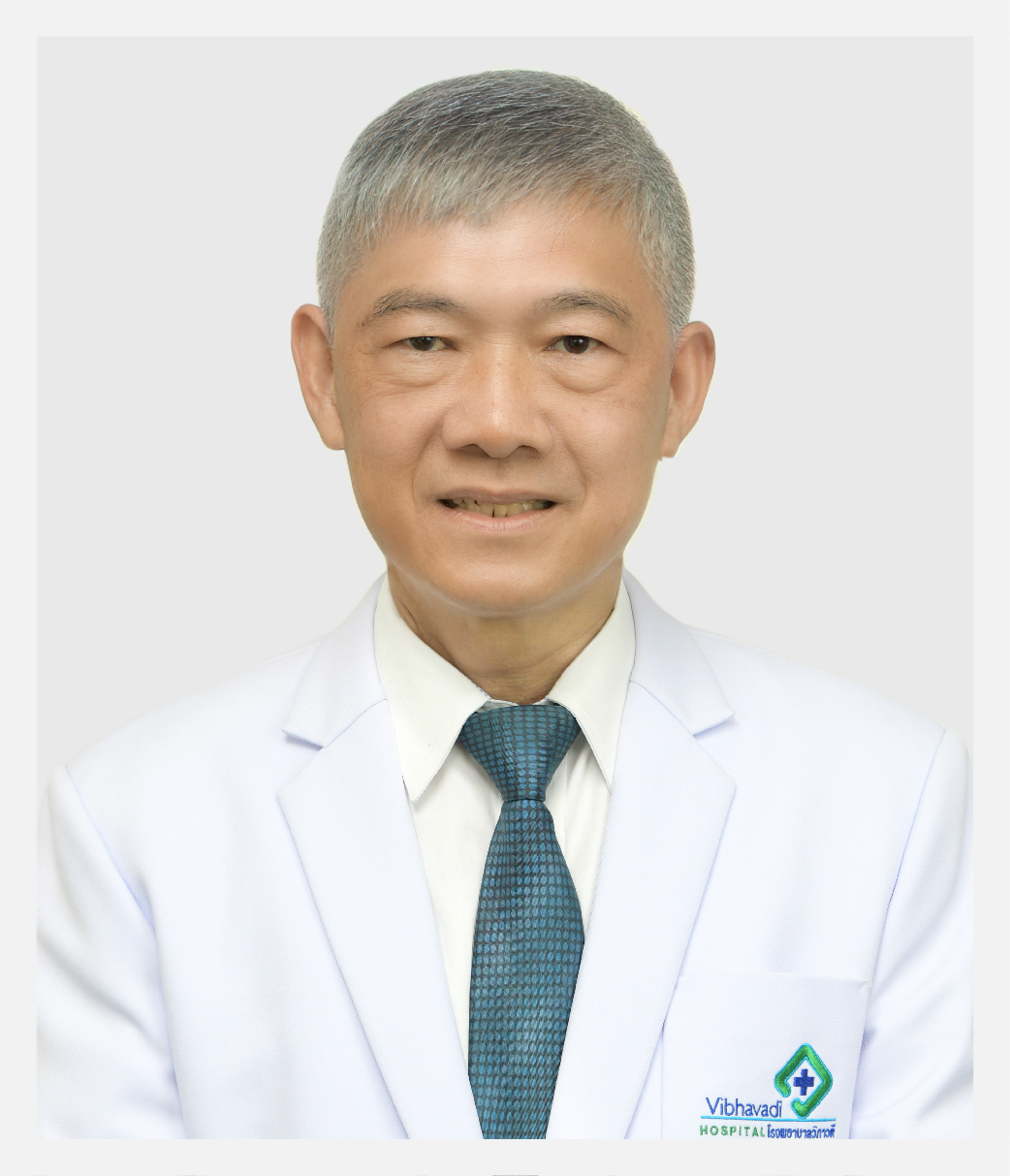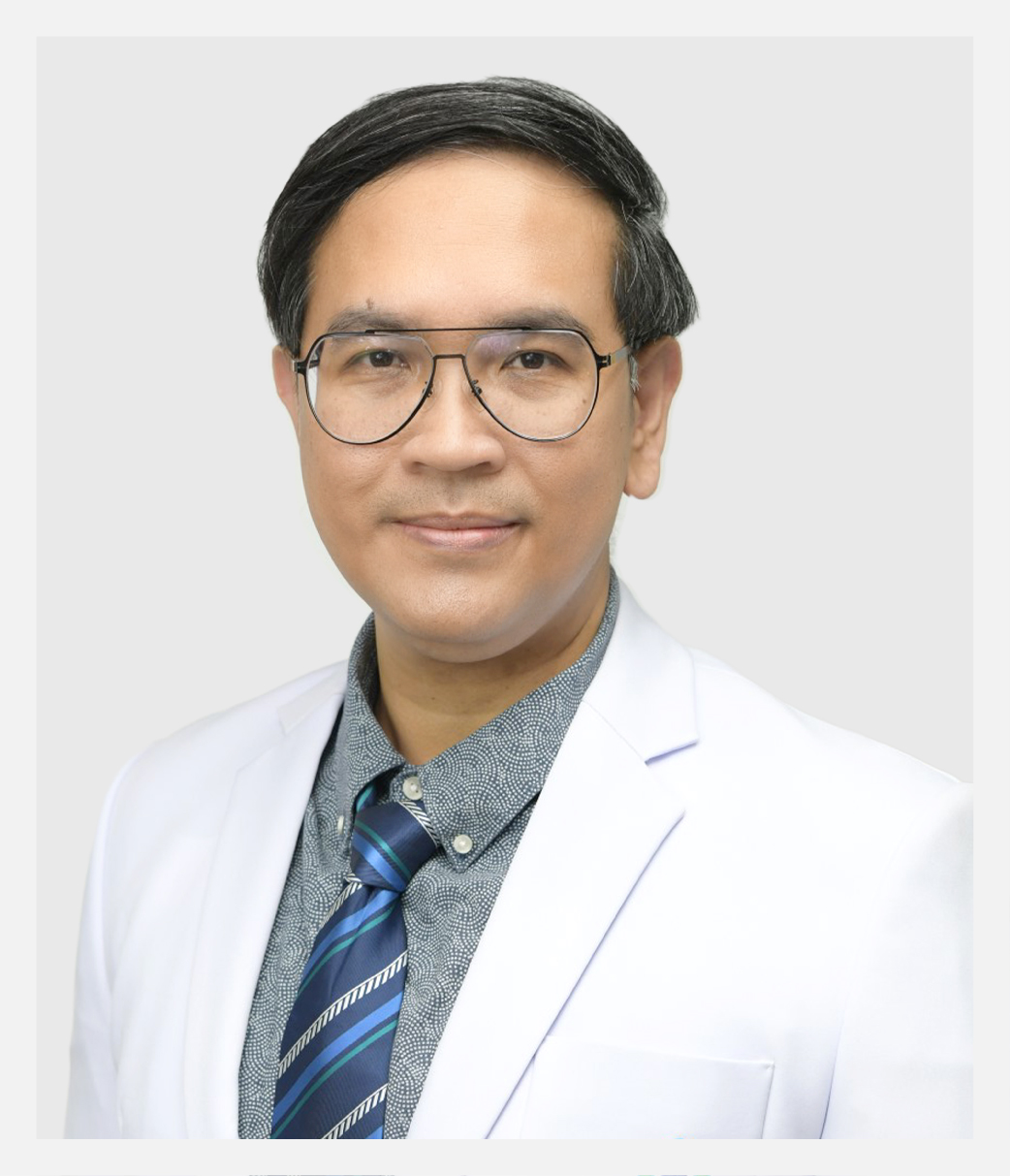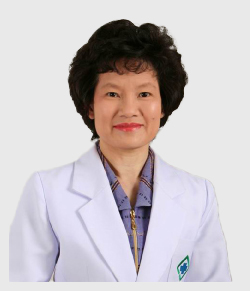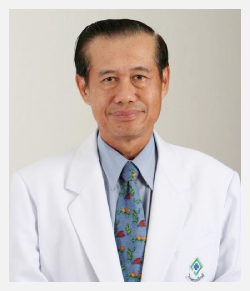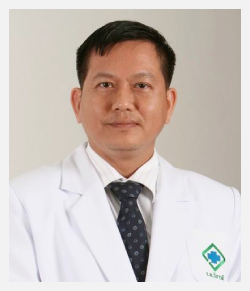Psychiatric

Key Takeaway:
Psychiatry is the branch of medicine that studies, diagnoses, and treats mental and behavioral disorders. Symptoms can appear in emotions, thoughts, or behaviors, affecting daily life, such as depression, anxiety, or hallucinations. Related conditions include anxiety disorders, depression, bipolar disorder, schizophrenia, personality disorders, and trauma-related disorders. Treatment includes medication, psychotherapy, lifestyle adjustments, and social support to manage symptoms and improve quality of life.
Introduction
The term psychiatry is familiar to many, yet its scope is often misunderstood. Psychiatry is the medical field focused on mental health, emotions, thoughts, and behaviors. Left untreated, mental health disorders can impact work, relationships, and physical health. Understanding causes, symptoms, and treatments from the start is crucial for effective care.
At Vibhavadi Hospital, the psychiatry department offers comprehensive care through psychiatrists and clinical psychologists. Services include consultations, diagnosis, and holistic treatment planning to help patients restore mental well-being and regain a better quality of life.
What is Psychiatry?
Psychiatry is a medical specialty that studies, diagnoses, and treats mental and behavioral disorders, including abnormalities in emotions, thoughts, perceptions, and behaviors that affect daily functioning.
Mental disorders are real conditions, such as depression, anxiety, schizophrenia, or mood disorders, that cause significant distress or functional impairment. Psychiatry provides frameworks and treatments—medication, behavioral therapy, and counseling—to help patients recover mental stability, reduce symptom severity, and achieve a balanced life.
In essence, psychiatry offers both academic and practical approaches, while mental disorders are the conditions requiring care through this framework.
Common Psychiatric Disorders
Mental disorders vary widely and can significantly affect daily life. Understanding the categories helps in accurate diagnosis and treatment.
Anxiety Disorders
Anxiety disorders involve excessive fear or worry, often impacting daily life, work, school, and relationships. Symptoms can be physical (palpitations, sweating, shortness of breath) or cognitive (persistent worry).
Common anxiety disorders include:
-
Panic Disorder: Sudden, intense episodes of fear with physical symptoms like palpitations or shortness of breath.
-
Generalized Anxiety Disorder (GAD): Chronic worry about daily life, work, family, or health, difficult to control.
-
Social Anxiety Disorder: Fear of social situations, causing avoidance of social interactions.
-
Obsessive-Compulsive Disorder (OCD): Repetitive thoughts or behaviors to alleviate anxiety.
Without treatment, anxiety disorders can reduce confidence, cause social isolation, and may lead to additional mental health issues.
Mood Disorders
Mood disorders involve significant emotional changes, affecting thinking, decision-making, and daily behavior. Symptoms may include extreme mood swings, persistent sadness, irritability, lack of motivation, or unusually elevated moods.
Common mood disorders:
-
Major Depressive Disorder (MDD): Persistent sadness, loss of interest, fatigue, and possible suicidal thoughts.
-
Persistent Depressive Disorder (Dysthymia): Long-term mild depression.
-
Seasonal Affective Disorder (SAD): Depression linked to seasonal changes, often during low sunlight periods.
-
Bipolar Disorder: Alternating periods of depression and abnormally elevated or irritable mood (mania/hypomania).
-
Cyclothymic Disorder: Mild mood fluctuations without severe bipolar features.
These disorders can impair quality of life, work, and relationships. Timely treatment is essential to prevent worsening symptoms.
Schizophrenia and Other Psychotic Disorders
Schizophrenia involves distorted perception, thought, emotion, and behavior. Common symptoms include hallucinations, delusions, disorganized thinking, and unusual behaviors. These symptoms heavily impact daily functioning and social relationships.
Other psychotic disorders include:
-
Brief Psychotic Disorder: Short-term psychotic episodes often triggered by stress.
-
Delusional Disorder: Persistent false beliefs without hallucinations.
-
Schizoaffective Disorder: Combines schizophrenia symptoms with mood disorders.
-
Substance/Medication-Induced Psychotic Disorder: Psychosis triggered by drugs or medications.
-
Psychotic Disorder Due to Medical Conditions: Psychosis caused by medical or neurological conditions.
Proper treatment can manage symptoms and improve daily functioning.
Personality Disorders
Personality disorders are characterized by rigid, inflexible patterns of thinking, emotions, and behavior, affecting stress management and social interactions. Symptoms can include distorted self-perception, extreme emotional reactions, impulsive behavior, and relationship difficulties.
Common personality disorders:
-
Borderline Personality Disorder (BPD): Emotional instability, fear of abandonment, and impulsive behavior.
-
Antisocial Personality Disorder (ASPD): Disregard for others’ rights, rule-breaking, and possible aggression.
-
Narcissistic Personality Disorder (NPD): Inflated self-importance and lack of empathy.
-
Obsessive-Compulsive Personality Disorder (OCPD): Excessive perfectionism and rigidity affecting work and relationships.
-
Avoidant Personality Disorder (AvPD): Fear of criticism or rejection, leading to social avoidance.
Therapy can help patients manage emotions and behaviors to improve daily functioning.
Trauma- and Stressor-Related Disorders
These disorders result from traumatic experiences or severe stress, often causing flashbacks, anxiety, mood swings, sleep disturbances, and avoidance. They impact work, relationships, and overall quality of life.
Common trauma-related disorders:
-
Post-Traumatic Stress Disorder (PTSD): Persistent fear and re-experiencing traumatic events.
-
Acute Stress Disorder: Short-term response to trauma, similar to PTSD.
-
Adjustment Disorders: Emotional response to life changes or stress.
-
Reactive Attachment/Disinhibited Social Engagement Disorders: Emotional neglect or abuse in children, causing relationship issues.
Psychotherapy and medication can help restore mental balance and daily functioning.
Causes of Psychiatric Disorders
Mental disorders arise from a combination of genetic, biological, environmental, social, and behavioral factors. Understanding these factors aids accurate diagnosis and treatment.
-
Genetic/Biological Factors: Family history and neurotransmitter imbalances can influence mood and behavior.
-
Environmental/Social Factors: Stress from work, family, or social conflicts can trigger or worsen symptoms.
-
Behavioral/Psychological Factors: Poor stress management or adverse childhood experiences can increase vulnerability.
Symptoms to Recognize
Symptoms may present across emotional, cognitive, behavioral, and social domains:
-
Emotional: Persistent sadness, anxiety, irritability, or extreme mood swings.
-
Cognitive/Behavioral: Delusions, hallucinations, or inappropriate actions.
-
Social/Daily Functioning: Avoiding social interaction, concentration problems, or difficulty completing daily tasks.
Early recognition and treatment are key to improving outcomes.
Diagnosis and Treatment
Psychiatric diagnosis involves comprehensive assessment: patient history, clinical interviews, physical exams, psychological questionnaires, and expert evaluation. Treatment plans are individualized to restore balance and functionality.
Medication
-
Antidepressants: Reduce depression and anxiety by balancing neurotransmitters.
-
Antipsychotics: Manage hallucinations, delusions, and disorganized thinking.
-
Mood Stabilizers: Control mood swings in bipolar disorder.
Medication requires careful monitoring by psychiatrists.
Psychotherapy
Psychotherapy focuses on adjusting thoughts and behaviors. Techniques include:
-
Cognitive Behavioral Therapy (CBT): Identifies distorted thinking and modifies behaviors.
-
Psychosocial Counseling: Enhances coping skills, problem-solving, and confidence.
Lifestyle Adjustments
Lifestyle support is critical:
-
Adequate sleep and nutrition
-
Regular physical activity
-
Stress management techniques
These measures support brain function, reduce symptom severity, and accelerate recovery.
Social and Family Support
Family, friends, and support groups play a vital role in recovery, providing safety, motivation, and continuity of care.
Caring for Psychiatric Patients
Caring for patients involves understanding, empathy, and creating a supportive environment.
-
Accept and understand the patient’s condition.
-
Provide a safe, calm environment to aid recovery.
-
Encourage consistent treatment adherence.
-
Maintain caregivers’ own physical and mental well-being.
Preventive Mental Health Care
-
Self-care: Sleep, exercise, and nutrition.
-
Mental skills training: Meditation, mindfulness, or focus exercises.
-
Healthy relationships: Maintain family, friends, and community connections.
-
Stress and emotion management: Techniques like deep breathing or relaxation.
-
Self-awareness: Recognize strengths and weaknesses to reduce pressure.
-
Professional help: Consult psychiatrists or psychologists for significant stress or anxiety.
Holistic Care at Vibhavadi Hospital
Vibhavadi Hospital’s Psychiatry Center offers comprehensive care: consultations, diagnosis, and individualized treatment plans, including medication, psychotherapy, lifestyle adjustments, and social support. This approach helps patients recover mental health, manage symptoms, and live a balanced life.
Conclusion
Psychiatry is the medical field studying mental and behavioral disorders, such as anxiety, depression, bipolar disorder, and schizophrenia. Causes include genetics, neurotransmitters, environment, and life experiences. Symptoms affect emotions, thoughts, behaviors, and social functioning. Treatment combines medication, psychotherapy, lifestyle changes, and family support.
Preventive care includes self-care, mental skills, strong relationships, stress management, self-awareness, and professional guidance. Holistic care at Vibhavadi Hospital ensures individualized treatment for optimal recovery and quality of life.
FAQ
What are the side effects of psychiatric medication?
Side effects vary by medication and individual, e.g., antidepressants may cause dry mouth, nausea, or dizziness, while antipsychotics may cause drowsiness or weight gain. Close monitoring is essential.
Is psychotherapy effective?
Yes, therapies like CBT and psychosocial counseling are proven to reduce depression, anxiety, and stress, especially when combined with medication.
How can family and friends support patients?
Listen empathetically, provide a safe environment, encourage treatment adherence, and observe for changes requiring professional intervention.
How to recognize psychiatric symptoms?
Warning signs include prolonged sadness, anxiety, confusion, delusions, social withdrawal, or difficulty performing daily activities. Consultation with a mental health professional is advised.
Testimonials
Proud to take care of you
